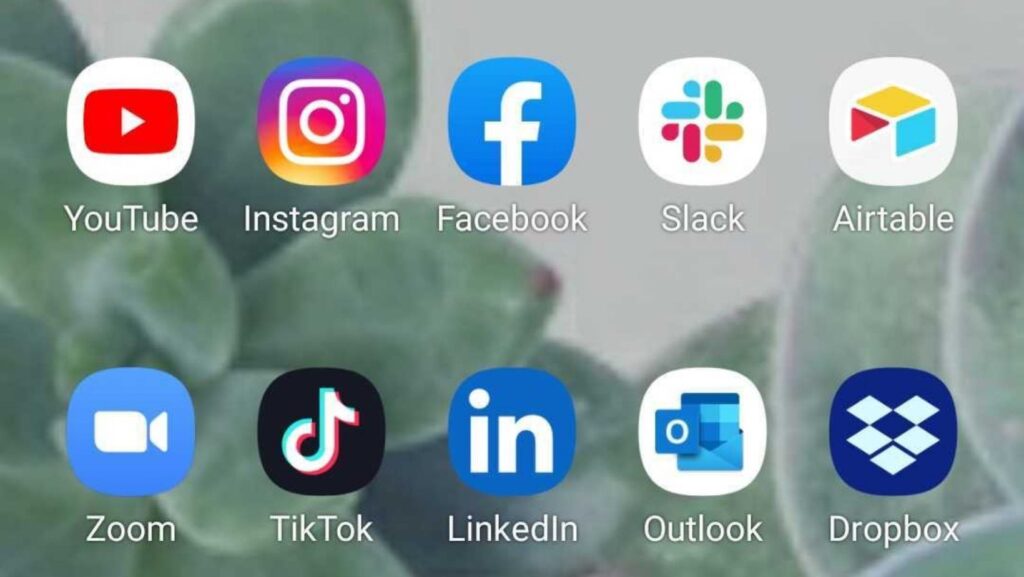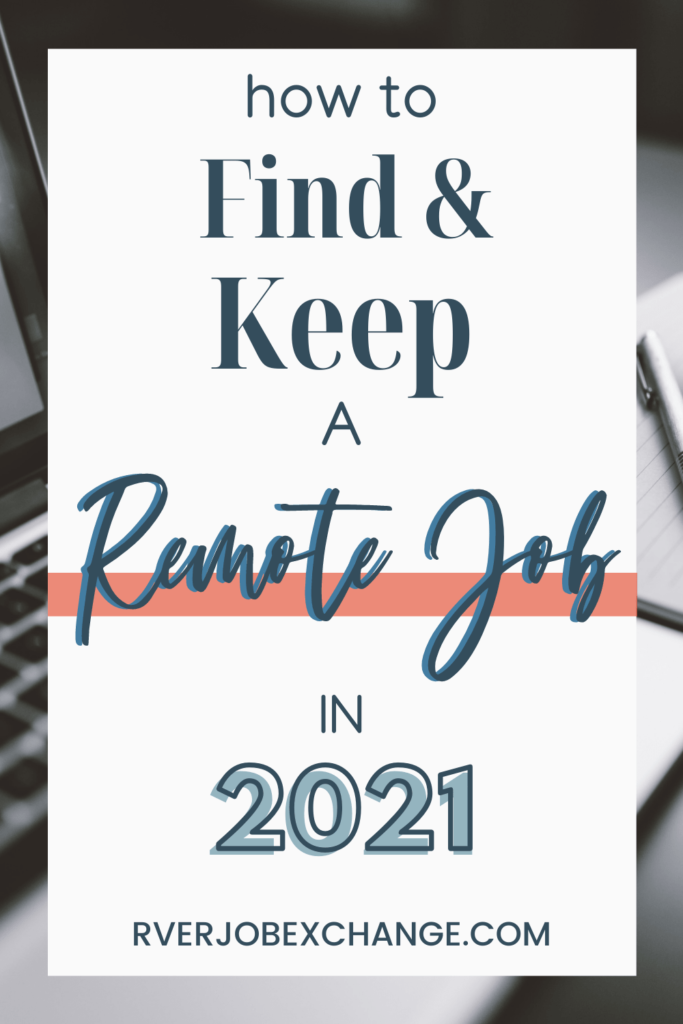The badassery is already inside of you.
We’re going to help you find a remote job.
Time moves differently when you are staring up at the stars, pondering the darkness, hoping to catch a glimpse of another galaxy peeking out from behind the diamonds. Time moves differently when you’re making new memories with friends you’ve known for mere days yet it feels like years. There is a beautiful weightlessness about RV life, one that Xscapers know well.
But when you’re unemployed or abhor your job, it can be hard to ponder the galaxies or enjoy a night with new friends. The weightlessness of this lifestyle can feel quite heavy when you’re in need.
You didn’t forge this path because you’re a weakling, it takes strength to seek out freedom. You’re already equipped to secure your next job, that badassery is already inside of you. Let’s talk about how to harness that advantage in the new era of cubicles turning into permanently remote roles.
The good news for those job hunting is that there are more remote positions opening up than ever. Employers are seeing the advantages, and they even seem to be surprised with improving productivity. This has led to an uptick in positive employer sentiment toward remote teams, according to a newly released PwC survey.
But dear reader, before you get started taking action to find a remote job, read this entire article first. Bookmark it. Keep coming back to it. Shooting from the hip is a rookie mistake. Do your homework and don’t apply to a single job until you’ve laid the proper groundwork. Cut once, measure twice, right!?
The rules still apply when you want to find a remote job
All job hunts have the same ingredients – resumes, cover letters, applications, and interviews. You’ve done this before, and while the language is slightly different when working remotely, the process is still the same.
That isn’t noted to downplay the process, rather to remind you that this isn’t your first rodeo. It just has new clowns.
Employers now get more applicants than ever, so obsess over your resume. And we mean truly obsess. If you can afford a resume writer, do it immediately. If you can’t, read about crafting a modern resume until your eyes figuratively bleed.
Your resume needs to get past the robots (aka applicant tracking systems). And since they’ve given you all of the keywords you need in the job description, load that bad boy with those secret phrases to get it into human hands.
Draft your cover letter (here’s a guide), and be prepared to customize it for every single application you care about. It’s your chance to sell yourself, your experience as a remote worker, and to express that you have the skills they’re looking for AND the ability to execute unlike folks brand new to these waters.
If you haven’t made the leap to RV life but are dreaming about it, the same goes. Sell your skills that you know make you an amazing permanent remote team member.
Prep your social media accounts for the impending job search and maybe make all accounts as private as possible if you’re obsessed with politics?
Don’t forget to jazz up the ol’ LinkedIn. Is everything up to date and accurate, or did you really graduate in 1808 (oops)!? Are the keywords packing a punch, or are you missing opportunities?
Standing out in a sea of competition for remote work
With your current (or future) lifestyle, you have so many competitive advantages that others never will.
Communicating this isn’t simple, but your cover letter is a brilliant delivery mechanism (as is your LinkedIn language). You’re agile, you’re adaptable, and you’re wildly self reliant.
What else is characteristic of the nomadic lifestyle? You’re organized, you are comfortable self starting and self managing, you’ve already acclimated to make sure your technologies are up to date and travel well. Remote work is old hat to you while others are just figuring it out, so make that clear as you express all of your amazing qualifications.
And friend, power phrases are your friend, start using them!
You got an interview – now what!?
You’ve done the work to find a remote job. You have prepared your first impression from your online presence to your fancified resume, so it’s time to start applying. We know, it’s nerve wracking! But we all feel those butterflies as we put it all on the line in hope that the stars align on a dream career at an amazing company.
And then you get that email asking for an interview. Score!
There is a lot you can do to prepare for a remote job interview. There is an entire playbook on nailing that interview (seriously, read it, it’s amazing). You already know that you should test out Zoom (or whatever platform they want to use), but do you know how to make eye contact, or what questions to ask them, or how to answer questions about your home office setup? Just read the playbook, y’all.
Even if you bomb the interview, always send a thank you email afterwards – you’d be shocked at how few people actually do this and how easily you can stand out with one simple gesture of thoughtfulness!
Keep track of your applications, interviews, and who you sent a thank you note with Huntr. It keeps your job search ultra organized so you always have an overview of your progress quickly and it helps ensure no opportunity falls through the cracks.
Pepper in some networking
You may be around people that aren’t in your industry or have any understanding of what your career really involves, but that doesn’t mean you can’t network.
If the pandemic has taught our globe anything, it’s how to network online. The best part is that the threshold is much lower now – you don’t have to waste time getting gussied up or driving into town, you can throw on a hat and jump online.
LinkedIn Groups are worth exploring, as are Facebook Groups. Before we offer tips on diving in, know that online networking can be a pretty big timesuck if you let it, so make sure you’re pointing yourself in the right direction. Ask friends in your industry how they’re networking and join in. Take that shortcut!
Otherwise, to find the right online Groups and events, hit up Google. If you’re a graphic designer, try “Best Facebook Groups for Graphic Designers” and see if any listed have networking events or opportunities in threads. If you’re a copywriter, search “LinkedIn Groups for writing jobs.” Developers could search “Tech job Groups on Facebook.” Throw in locations (cities, states) or specializations to narrow it down a bit. Google is your friend here.
After finding a few networking opportunities (be they threads or events), work on your elevator pitch, because we only get what we ask for, no? Other than sales pros, no one actually enjoys working on or delivering a pitch – but it can seriously fast track your process, so don’t skip this part of the process!
When you meet people that help you along the way, and have invested any time in you, keep them updated when it is appropriate. If someone introduced you to their network and it led to an interview, share that with them privately. It is so rare (and therefore memorable) that gratitude is expressed. Keeping those helpful folks updated is a form of gratitude. They’ll remember that in several years when you’re already happy in your role, but they could have a higher paying opportunity for you, who knows!?!
Two secrets to keeping your new remote job
Now let’s talk about the part no one will tell you – getting a job is one thing. Keeping it is another.
Whether you’re a veteran at working remotely, or new to it, we want you to challenge yourself to over-communicate until you find the team’s groove. Communicating with teams and keeping projects flowing is one of the biggest hurdles to successful remote workforces. Find ways to keep everyone apprised to your progress.
But here’s the secret – keep it frictionless. Use low-impact communication methods (like email). Don’t call your boss every 10 minutes to report in, but do send an email at the end of the day with tasks completed, and expectations that have been (and should be) set. Follow their lead so you don’t put too much on their plate OR leave them in the dark.
Aside from communication, documentation is the other secret to nailing any job. By documentation, we mean journaling (wait, don’t go, hear us out!) your accomplishments. Keeping a constant log of small to large wins every week allows you to pick top wins monthly, quarterly, and annually.
Not only does it feel delightful to keep your wins top of mind, it’s a setup for your annual or quarterly reviews and can be the difference between stagnation and a raise!
Now go get ‘em!
You’ve groomed your resume within an inch of its life, snagged interviews, and you’ll soon get that job offer because you put in the work, stood out, and deserved it. Now go get ‘em!







